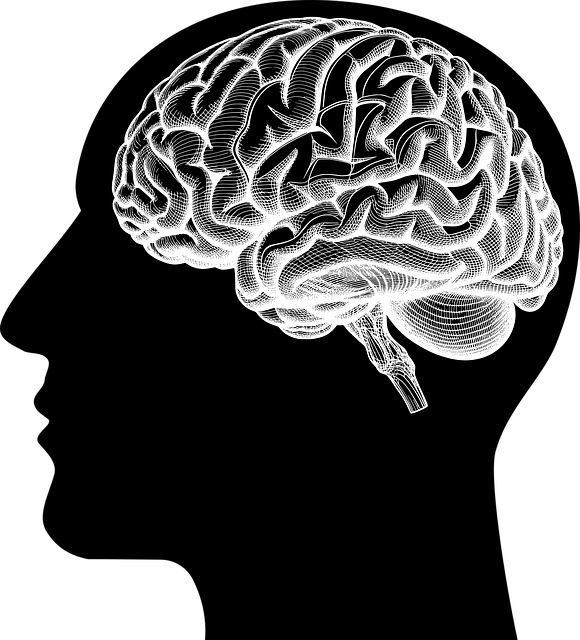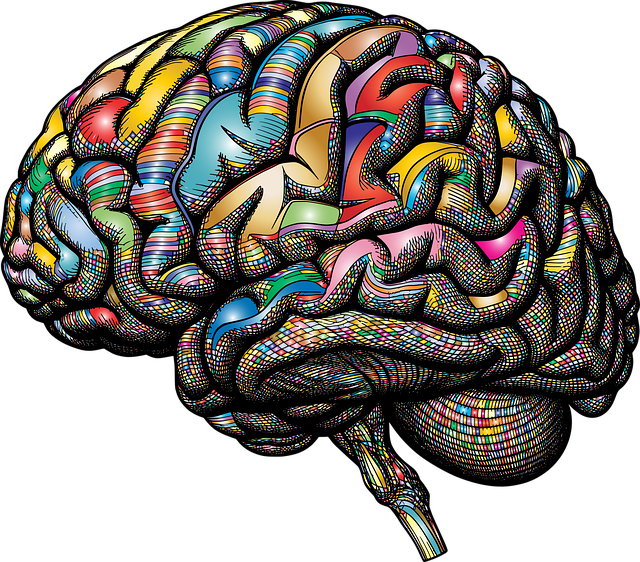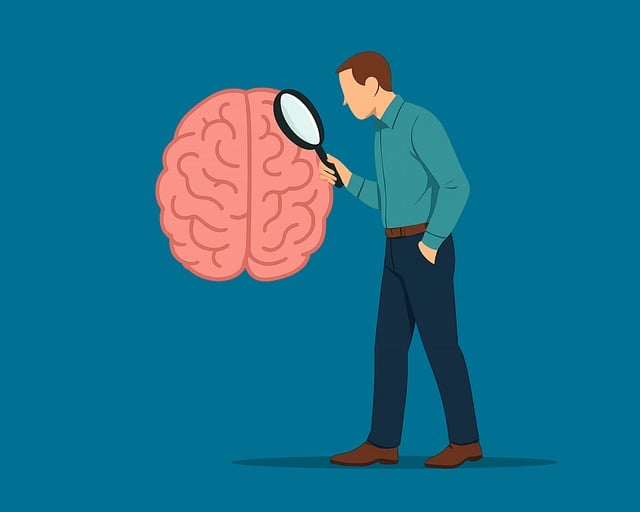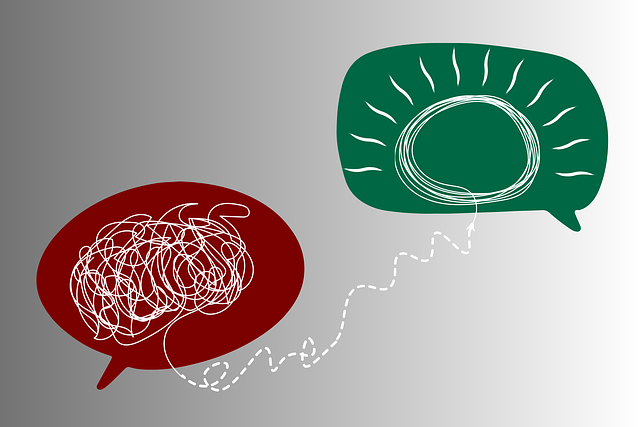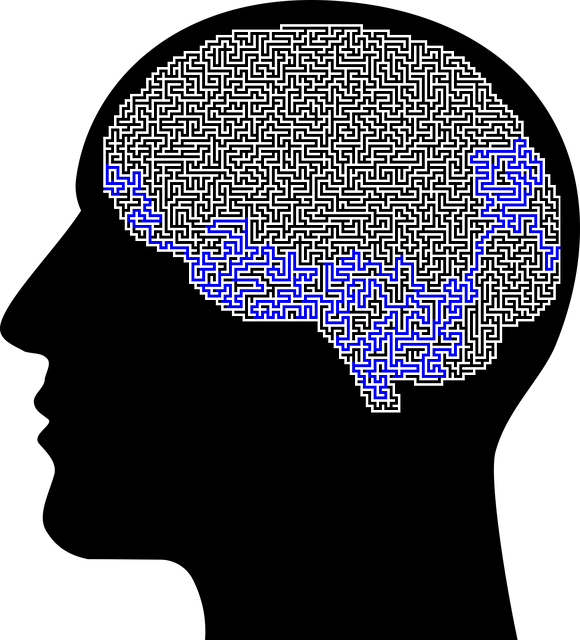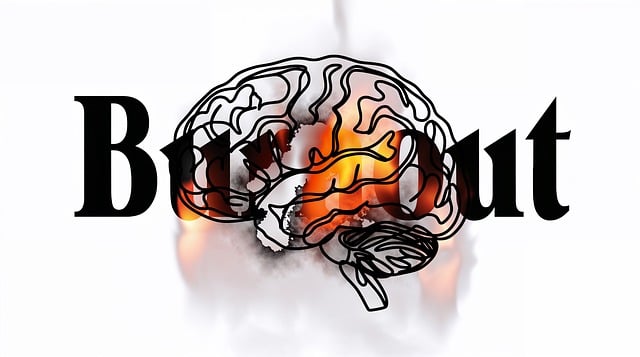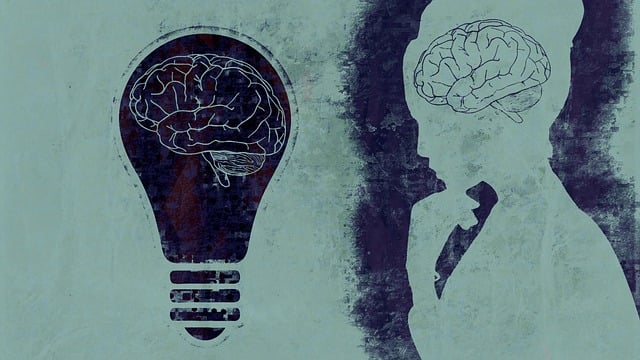Emotion regulation is a key component of therapy for Northglenn Panic Disorder and Anxiety Attacks, focusing on managing anxiety episodes through techniques like mindfulness meditation, cognitive behavioral therapy (CBT), self-awareness exercises, and relaxation strategies. Early recognition, cognitive restructuring, and public awareness campaigns are vital in treating these conditions, which involve recurrent unexpected anxiety attacks and intense fear symptoms. Integrating mindfulness meditation into Mental Health Education Programs can empower individuals to navigate emotional challenges effectively, fostering mental well-being and reducing reliance on temporary fixes or avoidance behaviors.
Emotion regulation techniques are powerful tools for managing mental health, especially conditions like Northglenn Panic Disorder. This article explores how understanding emotion regulation impacts overall well-being and provides an in-depth look at treating anxiety attacks through effective strategies. We delve into mindfulness and meditation practices proven to alleviate symptoms, along with building resilient coping mechanisms for long-term mental health. Discover how these techniques offer a holistic approach to Northglenn Panic Disorder therapy, empowering individuals to regain control of their emotional state.
- Understanding Emotion Regulation and Its Impact on Mental Health
- Northglenn Panic Disorder: Symptoms and Diagnosis
- Techniques for Managing Anxiety Attacks
- Teaching Mindfulness and Meditation Practices
- Building Resilient Coping Strategies for Long-Term Well-being
Understanding Emotion Regulation and Its Impact on Mental Health

Emotion regulation is a vital skill that plays a significant role in maintaining mental health and overall well-being. It involves recognizing, understanding, and managing one’s emotions effectively, ensuring they don’t overwhelm or control our thoughts and actions. For individuals struggling with conditions like Northglenn Panic Disorder and Anxiety Attacks, learning emotional regulation techniques can be transformative. These skills enable people to navigate intense feelings, reducing the frequency and intensity of anxiety episodes.
By mastering emotion regulation, individuals can promote emotional well-being and enhance their quality of life. Mind Over Matter principles, when applied through specific techniques, empower people to gain insight into their emotions. This process often includes self-awareness exercises, cognitive restructuring, and learning relaxation strategies. As a result, it not only alleviates symptoms but also fosters self-esteem improvement and overall resilience in the face of challenging situations.
Northglenn Panic Disorder: Symptoms and Diagnosis

In Northglenn, panic disorder is a common mental health challenge characterized by recurrent and unexpected anxiety attacks, known as panic episodes. These episodes are intense periods of fear or discomfort that reach their peak within minutes. Symptoms can include rapid heartbeat, sweating, trembling, shortness of breath, chest pain, dizziness, and a feeling of losing control or impending doom. Those affected may experience these symptoms in specific places or situations, leading to significant distress and a fear of future attacks, potentially impacting daily functioning.
Diagnosis involves a comprehensive evaluation by qualified mental health professionals who will assess the frequency, severity, and duration of symptoms using criteria outlined in diagnostic manuals like the Diagnostic and Statistical Manual of Mental Disorders (DSM-5). They may conduct interviews, surveys, or questionnaires to understand the individual’s experiences. Recognizing panic disorder early is crucial as it can lead to the development of avoidance behaviors, which can exacerbate symptoms. Effective treatment options are available, including therapy such as cognitive-behavioral therapy (CBT) that utilizes mind over matter principles to help individuals manage their responses to panic attacks and gain control over their lives. Public awareness campaigns and crisis intervention guidance also play a vital role in supporting those affected by Northglenn panic disorder.
Techniques for Managing Anxiety Attacks

Managing anxiety attacks is a crucial aspect of Northglenn Panic Disorder and Anxiety Attacks Therapy. Techniques such as mindfulness meditation have been shown to significantly enhance mood management, enabling individuals to regain control during acute episodes. By focusing on the present moment and cultivating non-judgmental awareness, people can disrupt the cycle of anxious thoughts and physical symptoms.
In addition to mindfulness, cognitive behavioral therapy (CBT) plays a pivotal role in mental health policy analysis and advocacy. CBT helps individuals identify and challenge negative thought patterns that contribute to anxiety attacks. Through structured techniques like gradual exposure therapy, individuals learn to confront feared situations gradually, thereby reducing anxiety over time. This holistic approach combines mood management strategies with evidence-based practices, offering lasting solutions for those seeking relief from Northglenn Panic Disorder and Anxiety Attacks.
Teaching Mindfulness and Meditation Practices

Teaching mindfulness and meditation practices is an integral part of emotion regulation techniques, offering valuable tools for managing stress and anxiety. These practices have gained significant attention in mental health circles, especially with increasing diagnoses of conditions like Northglenn Panic Disorder and Anxiety Attacks. Incorporating mindfulness into therapy sessions allows individuals to develop a deeper awareness of their thoughts and emotions without judgment, fostering a sense of calm and control.
The design of Mental Health Education Programs should consider incorporating these ancient practices into modern therapeutic approaches. By teaching mindfulness meditation, therapists can empower clients with skills to navigate emotional challenges. This approach not only benefits those struggling with anxiety but also promotes overall mental well-being. Self-esteem improvement is another aspect that can be enhanced through regular practice, as individuals learn to observe their thoughts without getting overwhelmed by them. Additionally, advocates for Mental Health Policy Analysis and Advocacy can highlight the positive impact of such practices on public health, potentially leading to more inclusive and effective support systems.
Building Resilient Coping Strategies for Long-Term Well-being

In Northglenn Panic Disorder and Anxiety Attacks Therapy, a significant aspect of emotional regulation is teaching clients effective coping strategies that can be used long-term. This involves helping individuals navigate their emotions in healthy and productive ways, reducing reliance on temporary fixes or avoidance behaviors. Through structured guidance, therapists equip clients with crisis intervention techniques that empower them to manage anxiety and prevent panic attacks from taking over their lives.
Mental health awareness is key to building resilient coping strategies. By understanding the triggers and patterns of anxiety disorders, individuals can anticipate potential crises and implement preventive measures. The Mental Wellness Podcast Series Production often features discussions on various emotional regulation techniques, providing valuable insights for those seeking to enhance their mental wellness. These podcasts offer practical tips and real-life examples, fostering a supportive environment for learning and growth.
Emotion regulation techniques, as explored in this article, are invaluable tools for managing mental health conditions like Northglenn Panic Disorder. By understanding the impact of emotions on overall well-being and employing strategies such as mindfulness, meditation, and resilient coping mechanisms, individuals can effectively navigate anxiety attacks and promote long-term mental wellness. These teachings offer a holistic approach to therapy for Northglenn Panic Disorder and other anxiety-related conditions, empowering folks to take control of their emotional lives.
